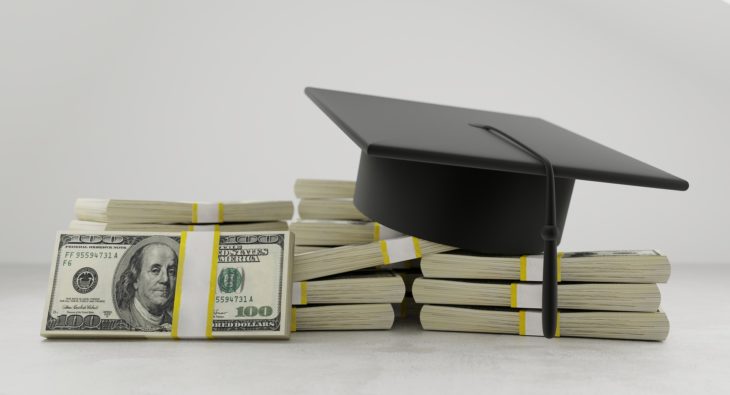What Does Bankruptcy Not Cover?
Bankruptcy can be a life-saving tool for those experiencing debilitating debt. However, expecting a completely blank slate after bankruptcy is a naïve misconception. It’s important to speak with an experienced bankruptcy attorney prior to filing for bankruptcy to ensure that your debt is eligible of being discharged.
Except in some extremely rare circumstances, the following types of debt are exempt from discharge through bankruptcy:
Student Loans
If Student Loans are a large part of your accumulated debt, filing bankruptcy won’t do you much good in eliminating that significant weight. After bankruptcy, all student loan debt will be intact and will continue to be the responsibility of the bankruptcy filer.
Child Support Arrears
Falling behind on child support payments can quickly send an individual into extreme debt. Additionally, receiving a court order for unpaid arrears can also cause financial hardship. This type of debt, however, is not dischargeable through bankruptcy. Family Law court handles unpaid child support cases very seriously and filing bankruptcy will not stop the court from wage garnishment or other serious consequences.
Alimony
Much like child support, alimony or spousal support payments are not dischargeable through filing for bankruptcy. Failing to pay alimony is punishable by the family law courts regardless of a bankruptcy filing.
Tax Debt
Debt owed due to unpaid taxes is rarely dischargeable through bankruptcy. Speak to an experienced bankruptcy attorney to discuss the likelihood of your specific tax debt getting discharged.
Liens
With secured debts, the creditor may protect their risk by imposing a lien on the borrower’s property as collateral on the loan. While the loans themselves may be discharged in a bankruptcy filing, the lien will remain, giving the creditor the right to repossess the property to recoup their loss.
Debts mistakenly left out of bankruptcy paperwork
It’s extremely important to consult with an experienced bankruptcy attorney prior to filing for bankruptcy as any mistakes can be costly. Not only can mistakes leave you with remaining debt, but it could have your bankruptcy denied altogether.
Government fines or penalties
Should any of your debt be accumulated from traffic tickets or other criminal restitution or fines, do not expect this debt to be eliminated through bankruptcy.
Debt related to fraud
If a creditor brings to the bankruptcy court any accusation that the loan or debt was committed in fraud, the court may choose to leave the debt in question separate and not dischargeable through the bankruptcy.
The different types of bankruptcy do handle the liquidation or reorganization of debts differently, but that does not affect the types of non-dischargeable debts listed above. To see a bankruptcy filing could positively impact your current debt, speak to an experienced bankruptcy attorney. To schedule a consultation contact our office at (702) 998-1188, info@ljlawlv.com, or by scheduling a consultation online.
For more information regarding bankruptcy and other related topics, check out our Bankruptcy blog or Bankruptcy Law TV playlist on Youtube.

